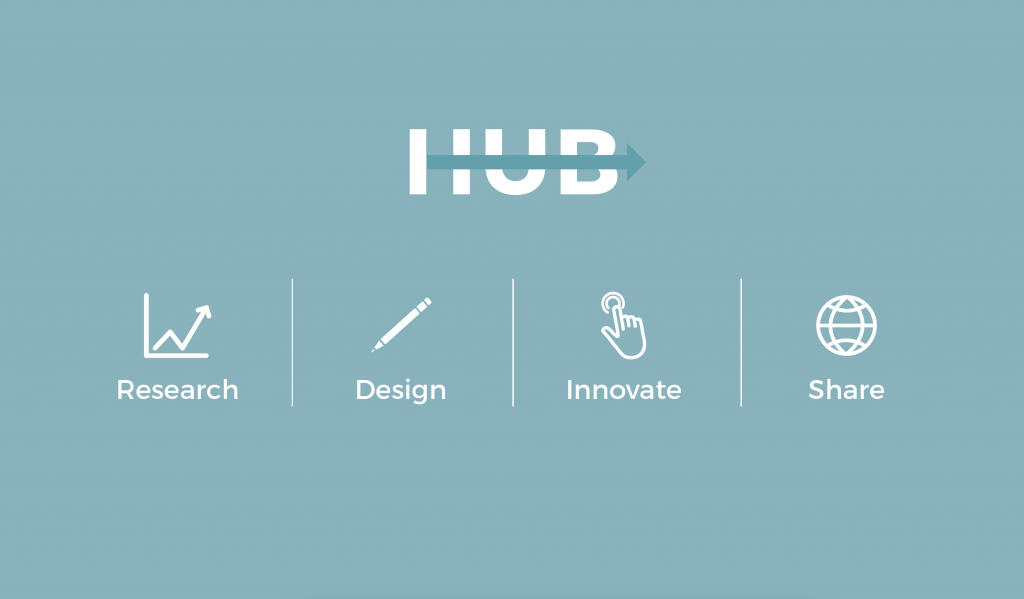WISE INNOVATION HUB
Crossing the Chasm of Transformation
Education has been in the midst of a global transformation effort for quite some time. While education reform has been a central focus for decades, in the last five years especially the conversation has shifted from reform to redesign—to transforming our fundamental model of teaching and learning from the “sage on the stage” model that emphasizes the acquiring of knowledge, to learner-driven personalized learning.
There has been an increasing global conversation and movement to competencies over content standards. In curricula, we see this reflected at the national level—such as Brazil’s new national curriculum that emphasizes and prioritizes a broad set of competencies, and Finland removing the use of a national curriculum altogether in order to remove traditional structures with transformative new ways of supporting teaching and learning.
Perhaps most critically, in 2019 the OECD released their new Education 2030 “learning compass” framework, outlining not just a comprehensive framework of skills, competencies and knowledge, but embedding it in pedagogical pillars of learner agency and well-being. This framework was the result of three years, thirty countries, and a range of experts collaboratively defining the critical knowledge, skills and competencies needed for today’s learners to thrive.
Such a compass sets a new north star for most learning environments and educational systems, far beyond where they currently sit today. These models and arguments for such deep transformation are warranted, as they align with our research on how children learn best and what competencies are most needed in our modern world. However, indeed, these models of learning are fundamentally different from our traditional school models. How, then, do we help our schools all around the globe make this transition?
Our Response to This Challenge

WISE has launched the WISE INNOVATION HUB, which serves as a resource and collaborative support as schools design their way to the future.
In practice, the Hub works with schools to establish their own Innovation Lab —an engine for developing, testing and scaling innovations within the learning environment.
With support from the INNOVATION HUB, these schools are able to identify key needs or challenges, or ways in which they want to evolve or transform, and work closely with the HUB team to pull from best practices, research and existing innovations to build prototypes and pilot innovative solutions, collect data on what is working and what is note, refine those prototypes and scale them innovations across the learning environment.
These schools collectively form a network, where insights and innovations can be shared and collaboratively built.
Innovate, Together
Benefits of participating include:
- A collaborative partner to support and bring extra hands on deck to this challenging and critical work
- Coaching, advising and training on:
- key research and frameworks that inform the new direction
- tools and external innovations to consider in the design
- methods: research, collecting evidence, design, and innovation practices
- Access to expert knowledge in key areas or learning, pedagogy, curriculum, assessment and modern technologies
- Networking, collaborating with, and learning from other innovative schools in the Innovation Hub Network
Together, we co-design and implement solutions on…
- how to build a 21st century curriculum?
- how to transition to mastery-based, competency-based education?
- how to empower learners with agency over their learning?
- how to integrate modern, formative assessment models?
- how to embed well-being and social-emotional learning (SEL) at the center of a learning environment?
- and beyond…



